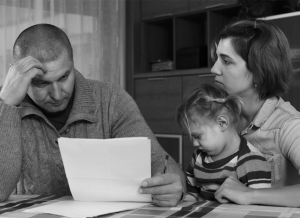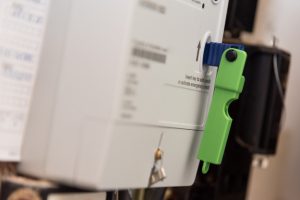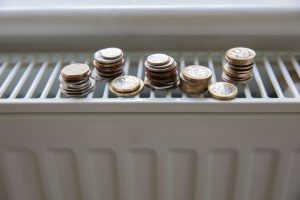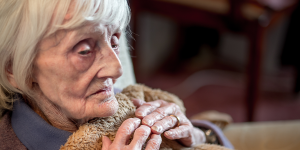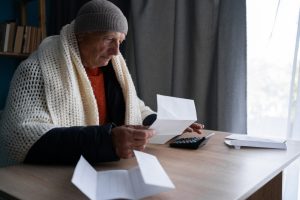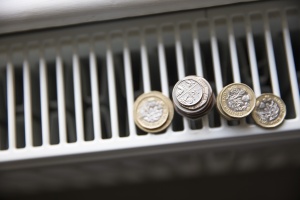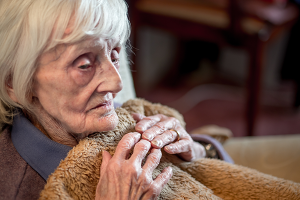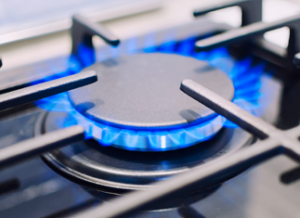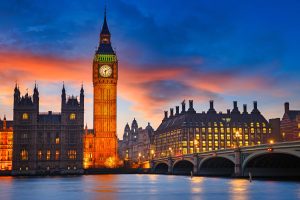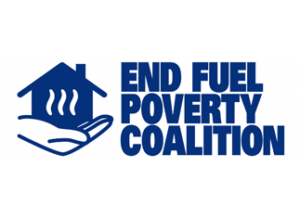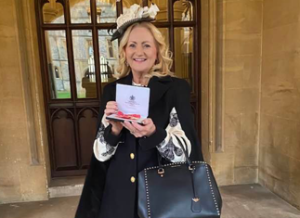- Tomorrow (1 July) UK Government energy bills support ends for over two-thirds of households across the UK
- Ofgem’s price cap is reducing, meaning the typical annual bill will be £2,100 but 6.6 million UK households will be in fuel poverty
- Customers will restart paying for UK Government programmes through their energy bills, via higher standing charges, also from the start of July
- UK fuel poverty charity National Energy Action (NEA) says that despite cost-of-living payments for households on means-tested benefits, millions of vulnerable households will not receive any Government support
Tomorrow (1 July) 6.6 million UK households will be in fuel poverty, according to charity National Energy Action, as two vital Government support schemes come to an end. Over 20 million households will no longer get energy bill support.
Typical energy bills have spiralled from £1,271 a year in October 2021 and will be £2,100 from tomorrow – although if you use more, you pay more.
Prices for a typical annual bill had reached £2,500 this April, leaving 7.5 million UK households in fuel poverty but could have been much higher without the Government’s Energy Price Guarantee. This will be replaced by Ofgem’s price cap from tomorrow – a cap on unit price, not the total bill.
The Government is also ending its Energy Bills Support Scheme payments from tomorrow. This was £66 or £67 a month paid over six months. Direct debit customers typically received theirs on their bill or in their bank account, while prepayment customers received vouchers – with many remaining unclaimed. The total amount of £400 is around the same price typical energy bills will fall tomorrow, meaning customers will not see much difference to their total energy bill.
Chief Executive of National Energy Action (NEA), Adam Scorer, says:
“Despite falls in retail prices from July, many of the people we help are still struggling. As of tomorrow, two thirds of households across the UK will no longer benefit from any assistance to offset the impacts of the energy crisis and Ofgem’s price cap will offer limited protection to these households.”
The cost-of-living payments are designed to help but many miss out because they aren’t on qualifying benefits – or aren’t on benefits at all. This includes: people who are severely in debt, people on low incomes who need to spend more energy at home due their disability or the inefficiency of their homes, unpaid carers, low-income households who have seen a drop in their household incomes due to a recent bereavement or households that until this year were eligible for wider assistance from programmes like the Warm Home Discount but are now no longer able to access energy rebates. This leaves millions of vulnerable households facing a bleak winter.
Chief Executive of National Energy Action (NEA), Adam Scorer, says:
“Millions of vulnerable people miss out on cost-of-living payments as they aren’t on the right benefits or no benefits at all. These people need additional help but are being left to manage bills that are still on average over £1,000 per year more expensive compared to the start of the crisis.
“Domestic customers will again be paying for UK Government programmes through their energy bills. Many of these programmes can help reduce bills in the longer-term and are vital for environmental or social reasons but are often being loaded onto higher standing charges, which we know impact low-income, low-usage households the hardest.
“Treasury cannot continue to subsidise everyone’s bills, but there is an urgent case for using at least £3 billion of underspent resources from recent programmes to help these very vulnerable groups. Without more support too many will continue to rack up unmanageable debts or try and survive in unheated homes causing ill health, misery and avoidable death.’”





